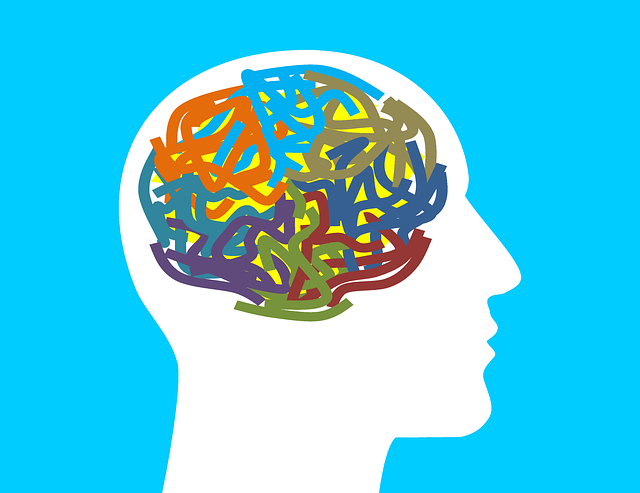 Eating disorders have a devastating effect on the lives of those affected and are associated with the highest mortality rates of all mental illnesses. While they can affect anyone, there is a higher incidence of people with autism who have eating disorders compared to the general population.
Eating disorders have a devastating effect on the lives of those affected and are associated with the highest mortality rates of all mental illnesses. While they can affect anyone, there is a higher incidence of people with autism who have eating disorders compared to the general population.
Studies have found that between 20 and 30 percent of people with eating disorders also have autism or display signs of the condition.
Why People With Autism Are at Higher Risk
1. Emotional regulation issues
Autism is characterized by emotional regulation issues; people with autism are more likely to experience mental health issues in general, including anxiety and depression. Many people develop eating disorders as a coping mechanism for anxiety or difficulties with emotional expression and communication.
Many autistic people frequently find themselves in situations that are difficult to cope with, and food can be a way to deal with feelings of overwhelm and anxiety. In a disordered world, food, and sometimes excessive exercise, can become a way to impose control.
2. Restricted foods
Children with autism often display restrictive eating patterns which may continue into adulthood. Autistic children not only have a higher incidence of food allergies than the general population, but they may also have sensory issues around food and find particular textures or tastes unpalatable.
3. Peer pressure
In many cultures, there is a high degree of pressure to be slim—particularly for girls, though boys are affected as well. For autistic girls, who may already find it hard to fit in with their peers, trying to be thin could be a way to feel “socially acceptable.”
4. Obsessive interests
Autism is characterized by intense levels of interest and focus on particular subjects, and developing an unhealthy obsession with food can fit with this general autistic profile.
A client described how she became obsessed with calorie intake and restriction as a teenager. “I’m good with numbers anyway, and when I discovered calorie counting it became a complete obsession. I could reel off the calories in hundreds of foods. I’d obsessively count, and I started to restrict more and more. I became obsessed with eating as little as possible, and by then the eating disorder had taken complete control of me.”
5. Routines and rigid thinking
People with autism often display problems with executive function, including cognitive flexibility. This means that, while they may be fantastic at determinedly pursuing an idea or course of action, they find it hard to shift to new ways of doing things. When a person with autism is set on a particular path—such as eating in a controlled manner—they can display such determination in sticking to that path that it can trigger or intensify an eating disorder.
How Is Treatment Influenced?
Facilities specializing in the treatment of eating disorders should allow increased time to develop a therapeutic relationship with autistic patients. Acknowledging the sensory issues that people with autism face around foods is also important when drawing up treatment plans.
Eating disorder practitioners who are working with autistic clients could also benefit from additional training and an understanding of the types of strategies that help autistic people regulate their emotions. Considering the rituals, routines, and rigid thinking which people with autism display in other aspects of life will also help shape therapeutic interventions.
Excerpted from “Why So Many People with Autism Have Eating Disorders” in Psychology Today, written by Claire Jack, Ph.D., a therapist and training provider who specializes in working with women with autism spectrum disorder (ASD).
Source: Psychology Today | Why So Many People with Autism Have Eating Disorders, https://www.psychologytoday.com/gb/blog/women-autism-spectrum-disorder/202109/why-so-many-people-autism-have-eating-disorders | © 2021 Sussex Publishers, LLC
A screening can help you determine if you or someone you care about should contact a mental health professional. CHC teletherapy services are available now. Call or email our Care Coordinators at 650.688.3625 or careteam@stage.chconline.org to set up a free 30-minute consultation appointment.





